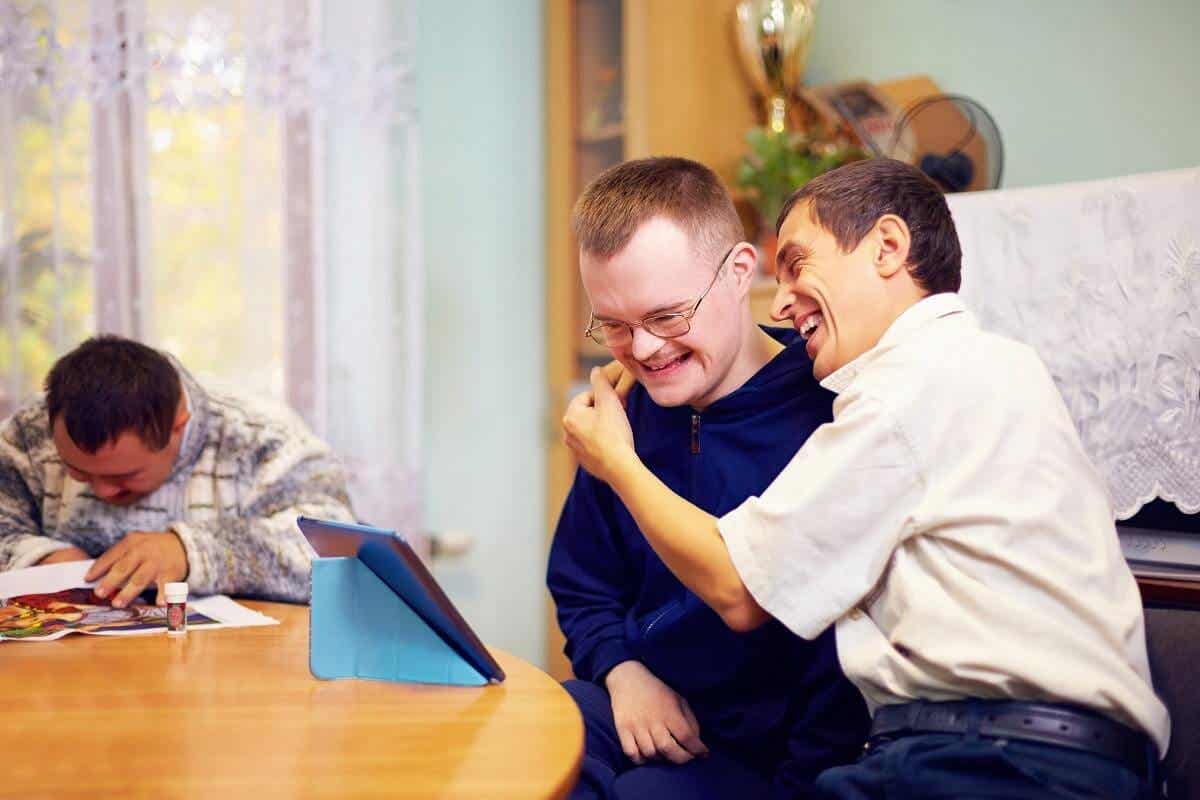5 Recommendations to Treat Disabled People with Respect

There’s no questioning how important it is that we treat disabled people with respect.
Disabled people need to participate in daily activities where they can interact with their peers. This will help them feel good, make friends, and know they have the same opportunities.
Why is it important to focus on those with disabilities? It’s because they have significant disadvantages compared to other people.
The United Nations Convention on the Rights of Persons with Disabilities says that
“persons with disabilities include those with physical, mental, intellectual or sensory impairments.”
Overall, these are some tips so you can make sure you’re treating them right.
Recommendations to treat disabled people with respect
Sometimes we think that we know how to treat disabled cases, but this isn’t always true. We make many mistakes that we might not even be aware of.
For this reason, we chose some of the tips that we think are the most important, taking into account what the Physical Disability Observatory shares with us.
Never treat them in a childish way
This is extremely important, and it’s that you should never treat people with disabilities in a childish way. They aren’t children, they are adults with a disability that can be sensory, like not seeing or hearing.
It’s not as common for people to speak in a childish way to people with sensory or physical disabilities, but it’s more common in people with mental or intellectual disabilities.
However, you need to make sure to never do it.

Check this out: Intellectual Disability: Degrees, Characteristics, and Available Treatments
For some reason, when we talk to them this way, maybe it’s because we think they’ll understand us better. In reality, we just make them feel bad. If we were in their shoes, would we like them to interact with us like that?
The answer to this is most likely a resounding “no,” so let’s stop doing it.
Use clear and simple language
Another fundamental tip is to use clear and simple language.
There are concepts, phrases, or ways of saying things that may be hard for disabled people to understand. Therefore, without using childish language, it’s appropriate to use shorter sentences.
In addition to shortening sentences and making them simpler. another aspect you shouldn’t ignore is to give examples. This doesn’t just help you interact with disabled people, but in life in general.
With examples, everything is easier to understand, and you can avoid misunderstandings. Therefore, with people with disabilities, don’t forget to give many examples.
Enjoy the company of disabled people
Disabled people need company and to participate in daily activities. So, if you’re cleaning the kitchen, don’t hesitate to let them help you.
The same thing happens if you’re going to play a sport, go to the beach, or see a movie. It makes people with disabilities feel good, and you will too.

In addition to enjoying their company, don’t forget to ask their opinion when discussing an important issue with them. Of course, you always need to respect their opinions. Their point of view is valid, even if you don’t agree.
Showing them that they can trust you is a huge plus. They will feel heard, that their opinions are valid and important to others.
You may be interested: Five Behaviors that Predict Failure in a Relationship
Act naturally
The last tip we have on how to treat disabled people is to act naturally.
Everyone knows when someone’s treating them differently, patronizing them, not taking them seriously, wanting the conversation to end, etc.
This doesn’t help disabled people at all. In fact, it will make them feel bad and their self-esteem may go down.
Just because someone has a disability doesn’t mean that we have to treat them differently. Again, the best thing you can do is put yourself in their shoes. Would you like someone to treat you differently just because you have a disability?
If the answer is “no,” perhaps we should be more aware of how we act so we can change it. We have lots of learned behaviors that aren’t right.
These are some tips that can come in handy, not just to treat disabled people better, but to reflect on certain attitudes that we have and that we should change.
Sometimes, we unconsciously learn how to treat others. Hopefully, this article will be helpful to make some necessary changes.
All cited sources were thoroughly reviewed by our team to ensure their quality, reliability, currency, and validity. The bibliography of this article was considered reliable and of academic or scientific accuracy.
- Pérez, J. I., & Garaigordobil, M. (2007). Discapacidad motriz: autoconcepto, autoestima y síntomas psicopatológicos. Estudios de Psicología, 28(3), 343-357.
- Rosato, A., & Angelino, M. A. (Eds.). (2009). Discapacidad e ideología de la normalidad. Noveduc Libros.
This text is provided for informational purposes only and does not replace consultation with a professional. If in doubt, consult your specialist.








